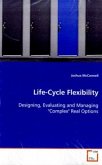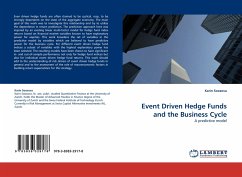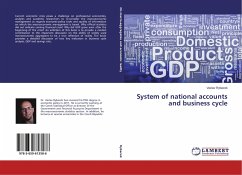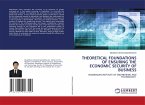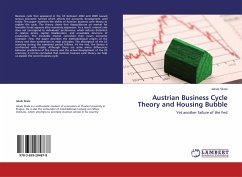Attempts at tracing the origins and causes of recent dramatic events in international financial markets have not only drawn increased attention of both academic researchers and a wider audience to specific government actions and interventions as the most probable culprits. They have also led to a renewal of interest in the scientific study of conceivable institutional alternatives to prevailing monetary arrangements. The most radical of these proposals for institutional reform advocate the abolition of central banks and their replacement by decentralized systems of "free banking". In the first chapter of the second part of this 2-volume work the author critically examines a number of influential arguments which have been made in favour of decentralization in banking. In the last chapter he examines some perennial questions in the field of methodology.



